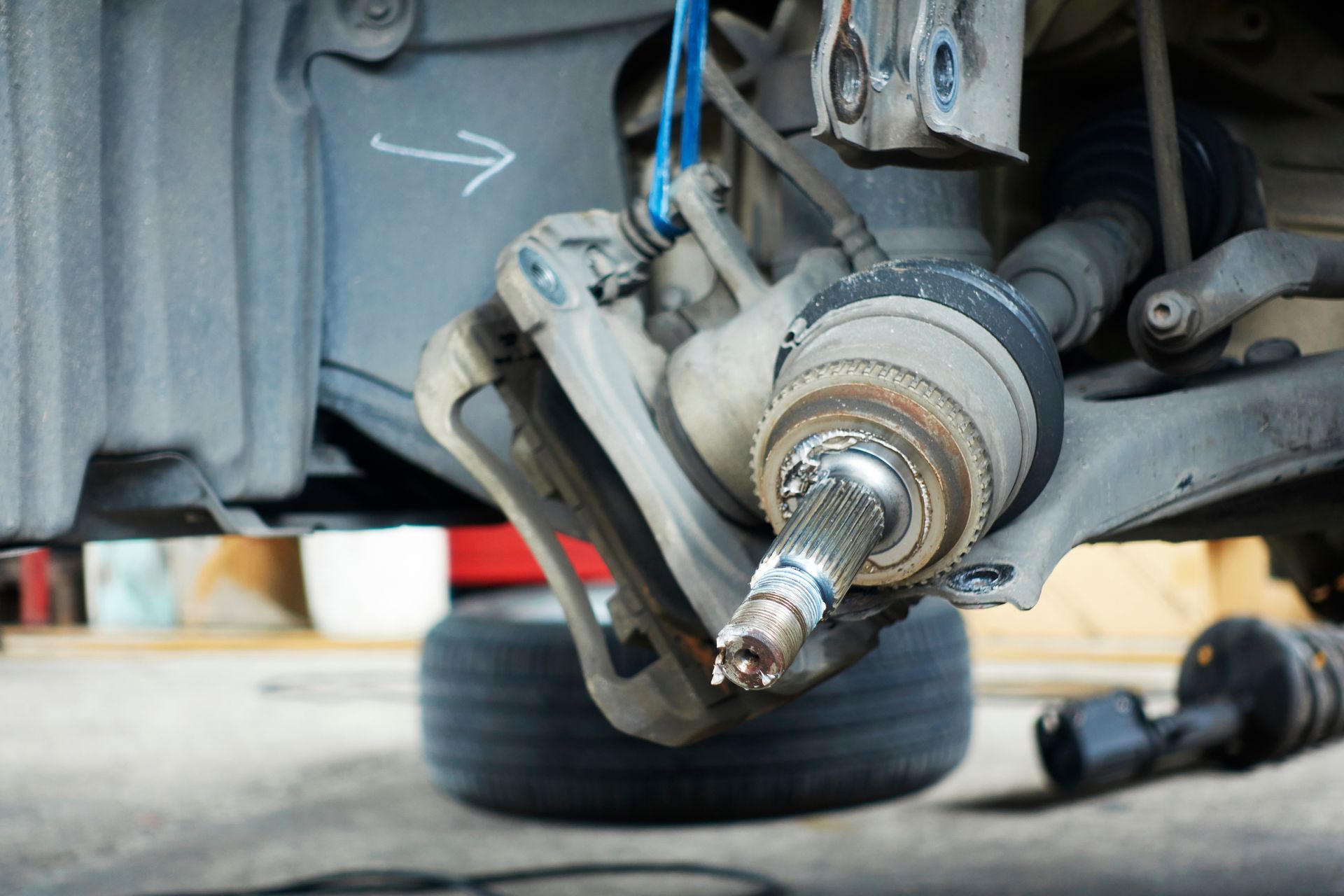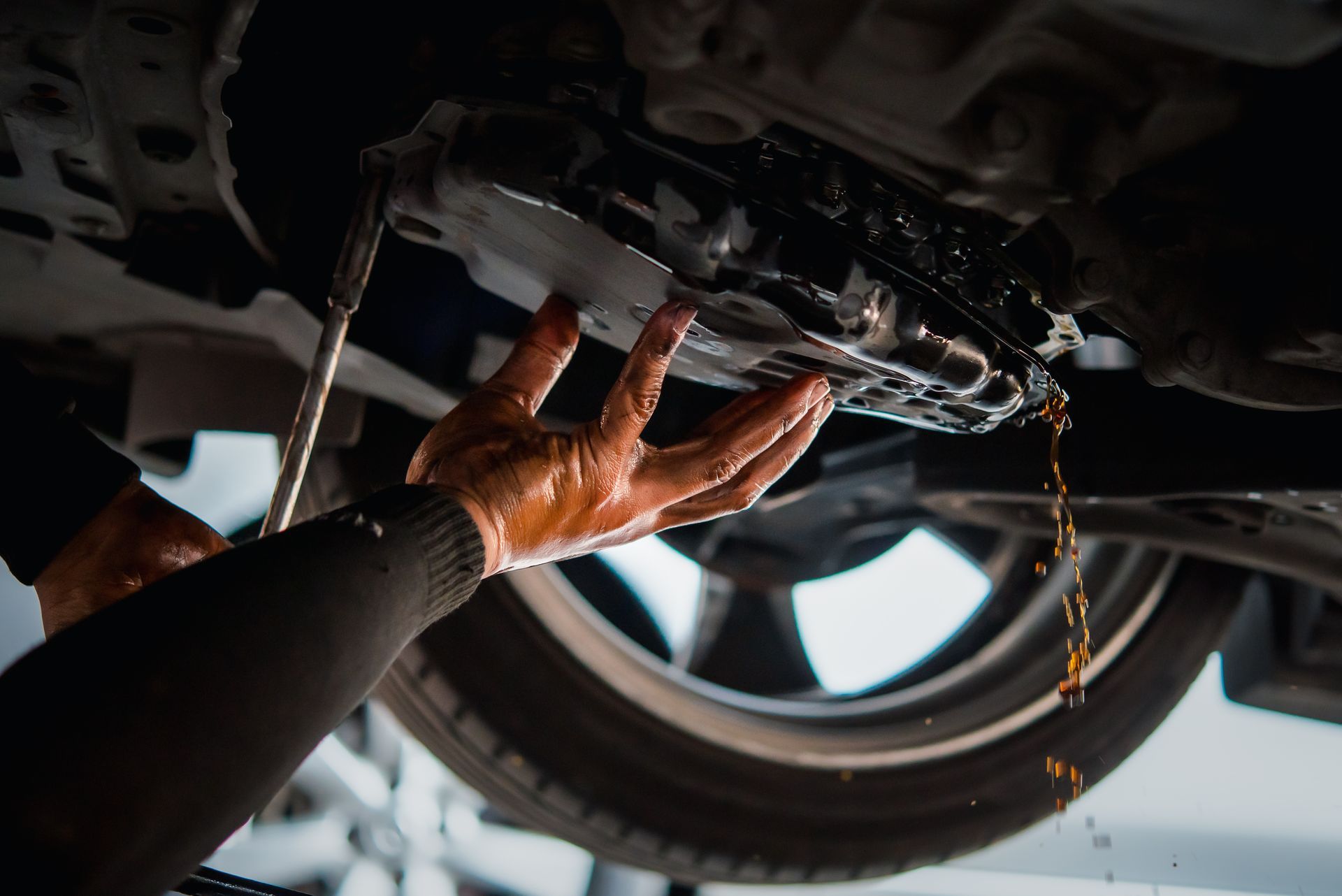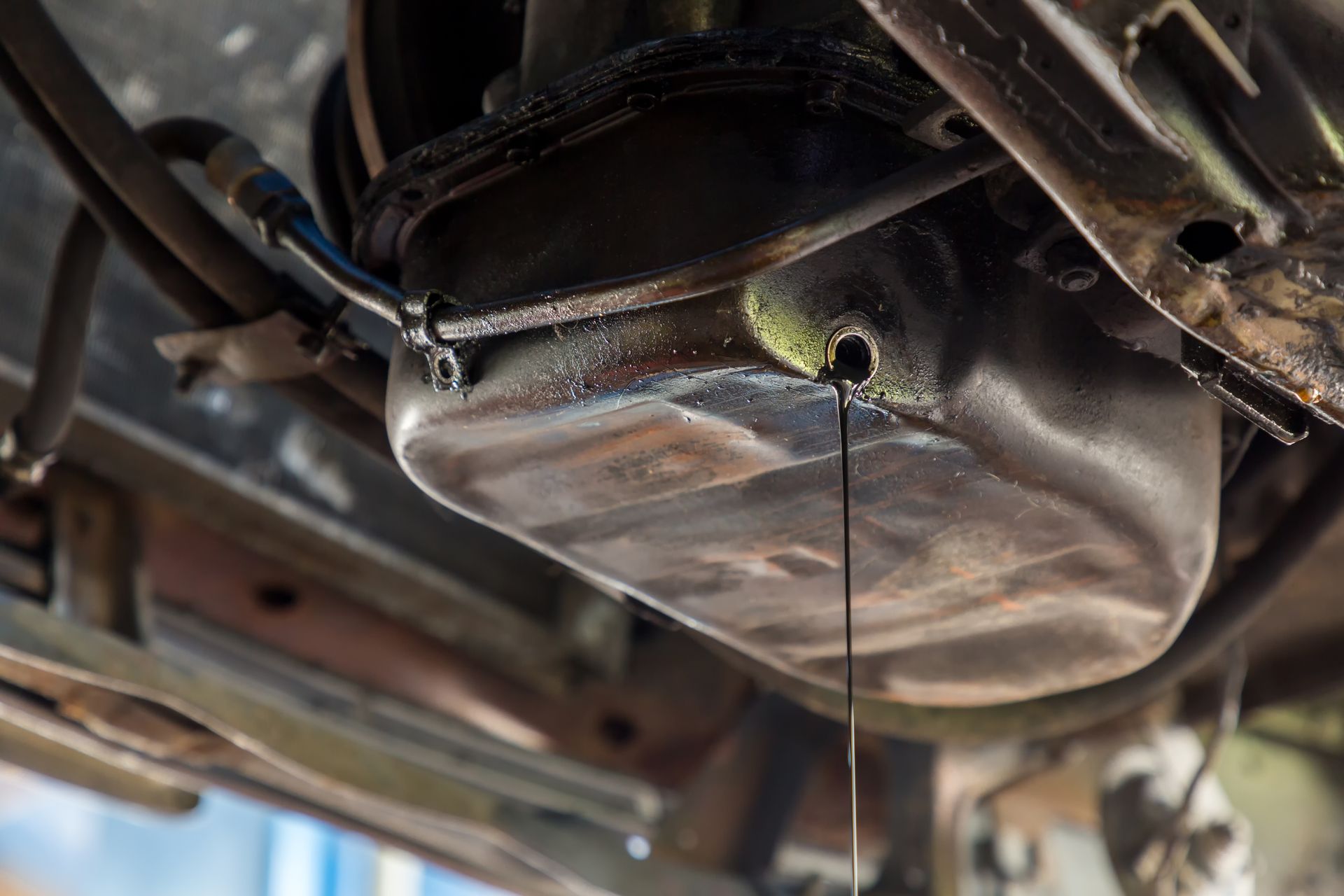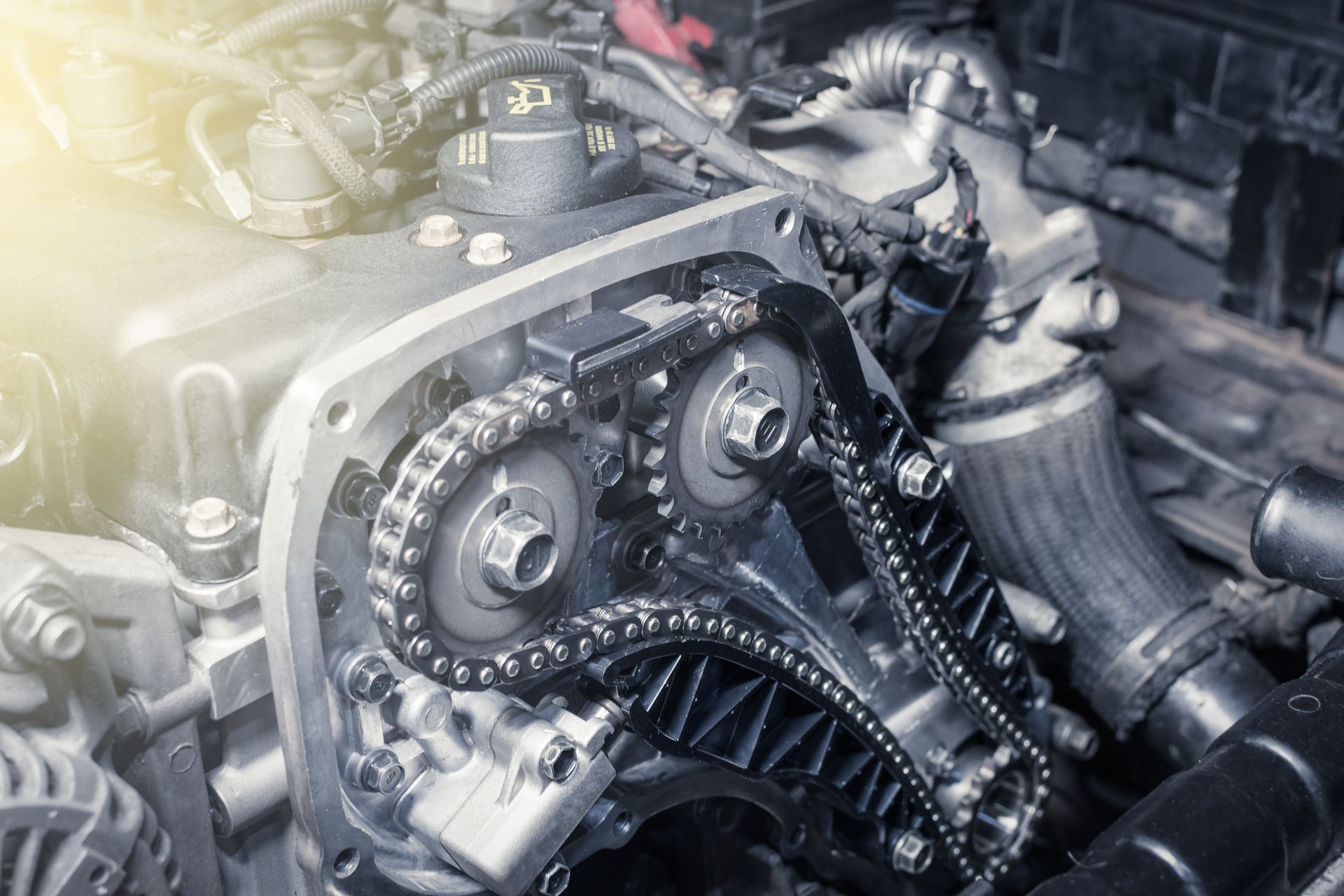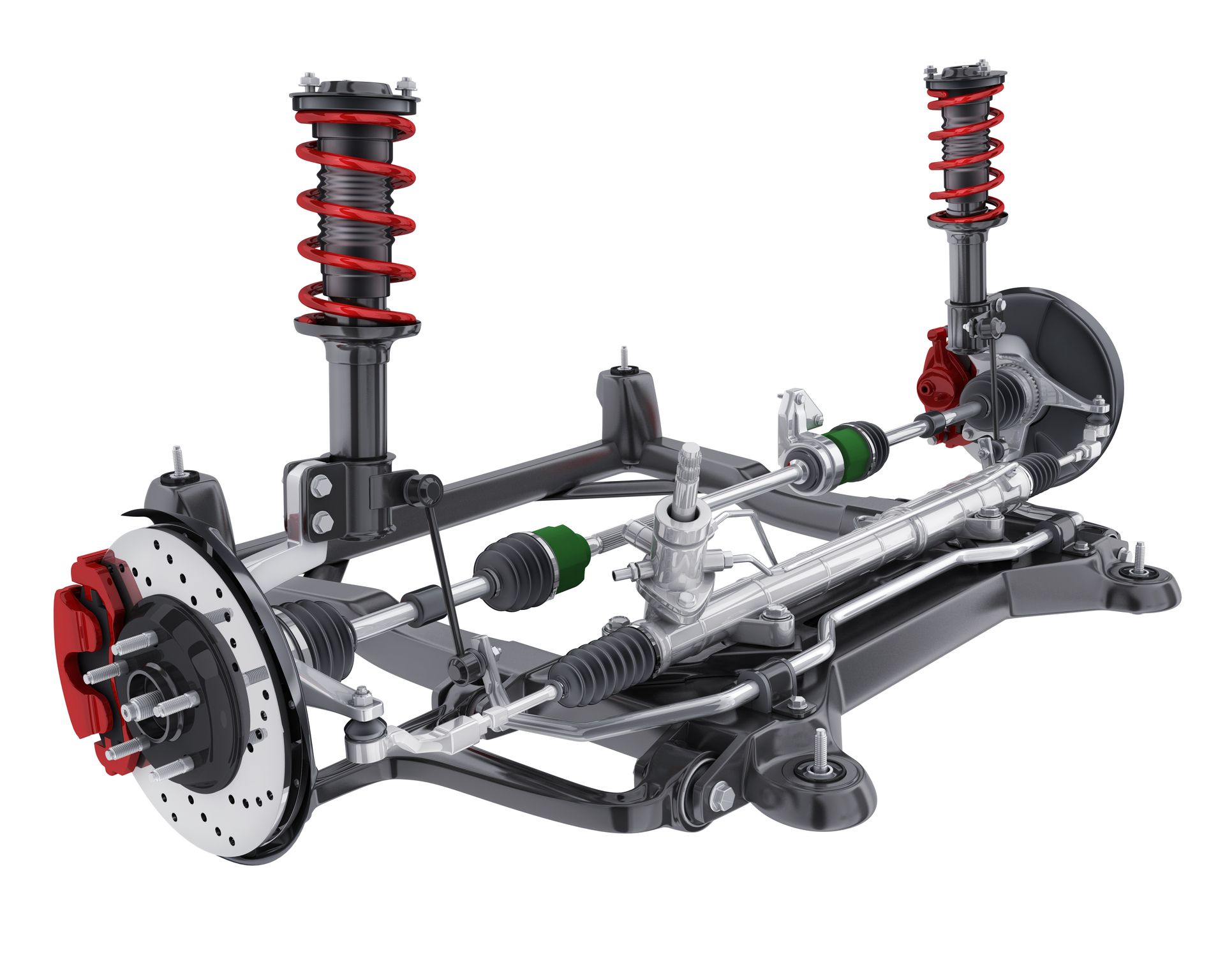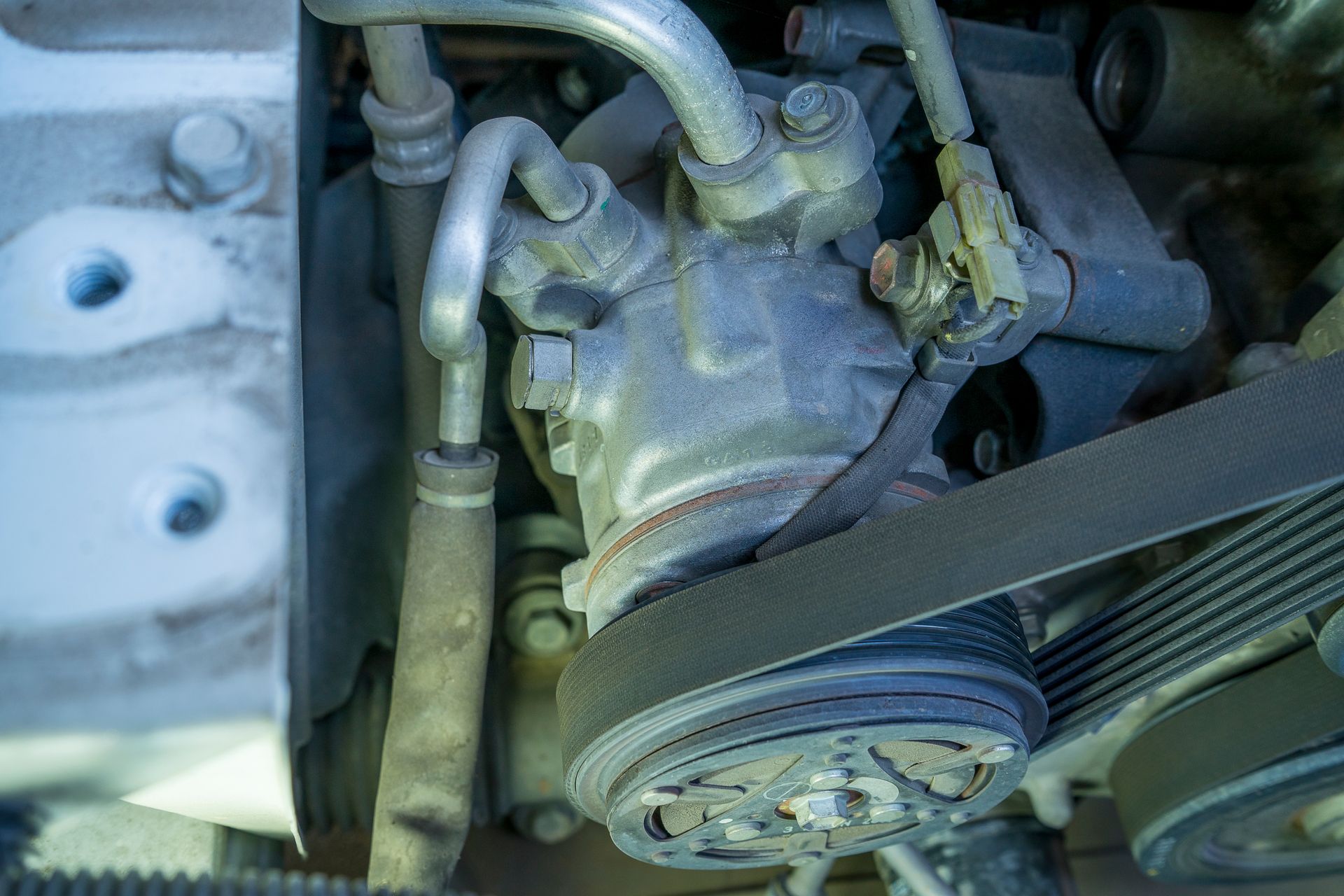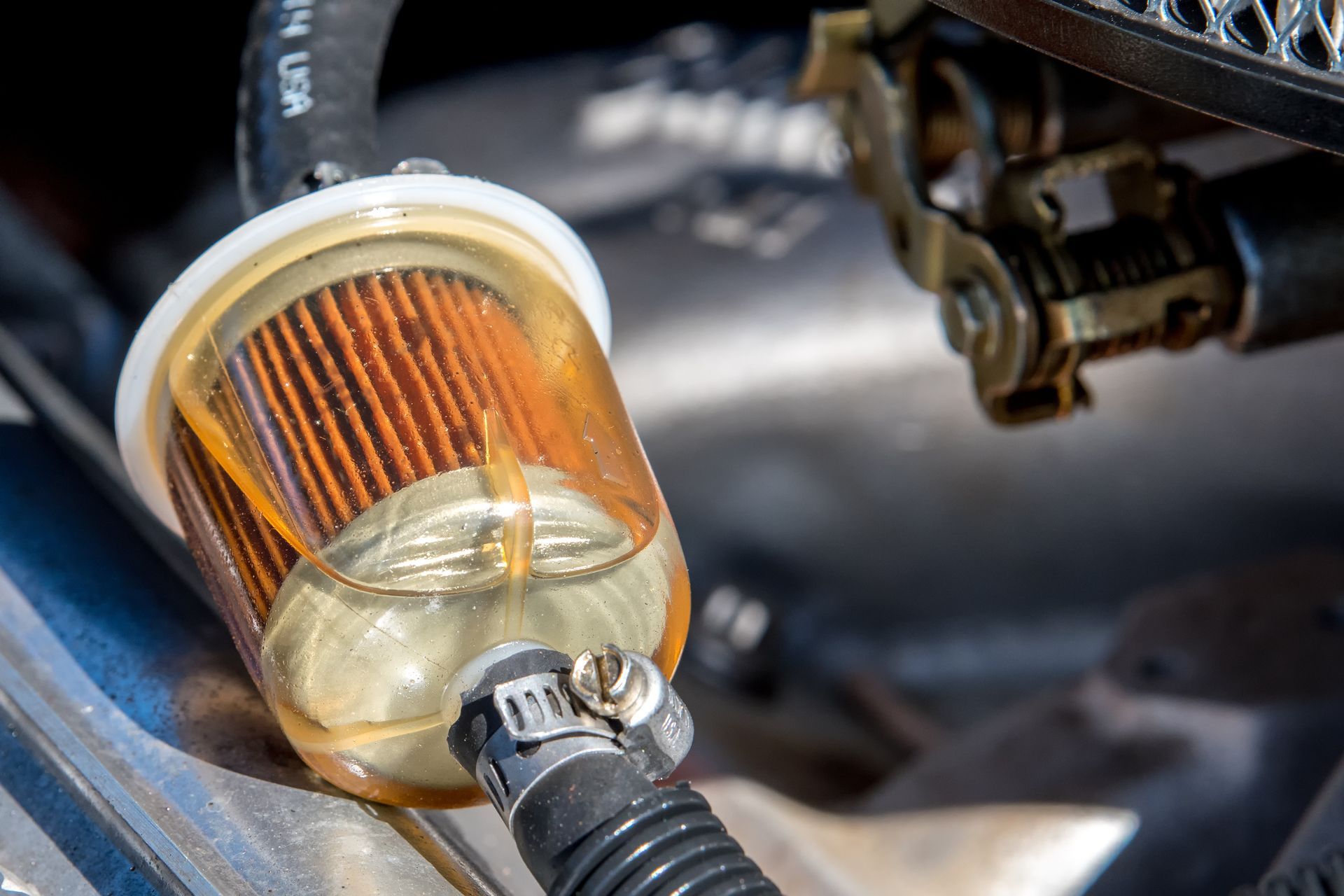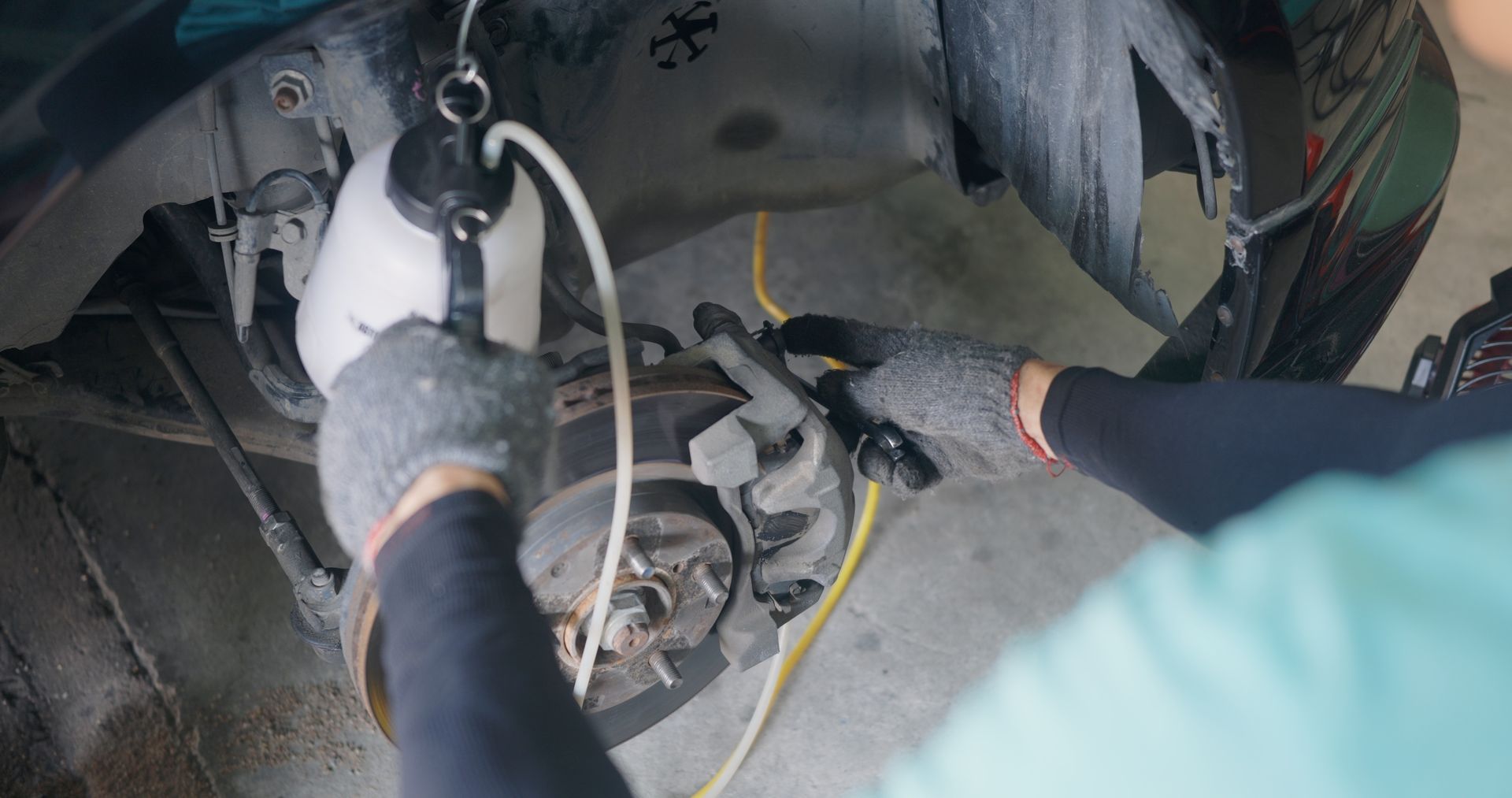When we think about car performance, we often focus on the engine, but lurking beneath, there's another system working tirelessly: the exhaust system. Far from just expelling exhaust gasses, this intricate setup plays a crucial role in vehicle performance, fuel efficiency, and environmental compliance.
The Role of the Exhaust System in Your Car
The exhaust system in a car is a well-thought setup designed to safely transport exhaust gasses from the engine out to the rear of the car. It's not just about getting rid of fumes; the system also minimizes noise, reduces harmful emissions, and even enhances engine performance. This makes it a key player in your vehicle's overall health and efficiency.
From Engine to Exhaust
The journey begins in the engine cylinders, where fuel combustion occurs. The exhaust gasses produced, containing harmful substances like carbon monoxide and nitrogen oxides, are first collected by the exhaust manifold. This component acts as a funnel, guiding the gasses away from the engine and into the exhaust system.
The Catalytic Converter
A critical component of the exhaust system is the catalytic converter. It transforms hazardous gasses into less harmful substances like carbon dioxide and water vapor. Using catalysts like platinum, palladium, and rhodium, it initiates a chemical reaction that neutralizes the toxins in the exhaust gasses.
The Muffler
Next up is the muffler, an unsung hero in maintaining your car's acoustics. Its primary function is to reduce the sound made by the exhaust gasses. Inside the muffler, a series of tubes and chambers deflect and absorb sound waves, quieting the engine's roar to a tolerable hum.
The O2 Sensor
Modern cars are equipped with oxygen sensors, located before and after the catalytic converter. These sensors monitor the levels of oxygen in the exhaust, providing feedback to the engine’s computer. This allows for adjustments in the fuel-air mixture, optimizing engine performance and emissions.
The Exhaust Pipe
The final leg of the journey is through the exhaust pipe, which channels the treated exhaust gasses out of the car. Made from corrosion-resistant materials, it ensures that the gasses exit safely, minimizing environmental impact.
Keeping the System Healthy
Preventive Care for Longevity
Attentive and regular maintenance of your car's exhaust system is vital for ensuring its longevity and efficiency. Here's what you need to focus on:
Checking the Catalytic Converter
The catalytic converter is crucial for reducing emissions, so keeping it in working order is important for both your car's performance and the environment. Be on the lookout for symptoms of a failing catalytic converter, such as reduced engine performance, increased emissions, or a sulfur-like smell.
Monitoring the Muffler and Exhaust Pipes
Over time, the muffler and exhaust pipes can suffer from rust or corrosion, particularly in areas with cold climates and road salt usage. Regular checks can identify any corrosion or rust issues before they become major problems.
Oxygen Sensors and Emission Control
Modern vehicles are equipped with oxygen sensors that play a crucial role in the engine's fuel management and emission control systems. Ensuring these sensors are functioning correctly is key to maintaining optimal fuel efficiency and minimizing emissions.
Preventive Replacements
Sometimes, preventive replacement of certain components, like gaskets or clamps, can save you from future expensive repairs. These components are relatively inexpensive but are essential for maintaining the integrity of the exhaust system.
Professional Inspections
While some aspects of exhaust system maintenance can be done at home, a professional inspection can provide a more comprehensive check, especially for components like the catalytic converter and oxygen sensors.
Need a quick check-up or detailed diagnostic procedure? Don't worry! Just visit Forthright Auto Repair, and we will take care of everything!

